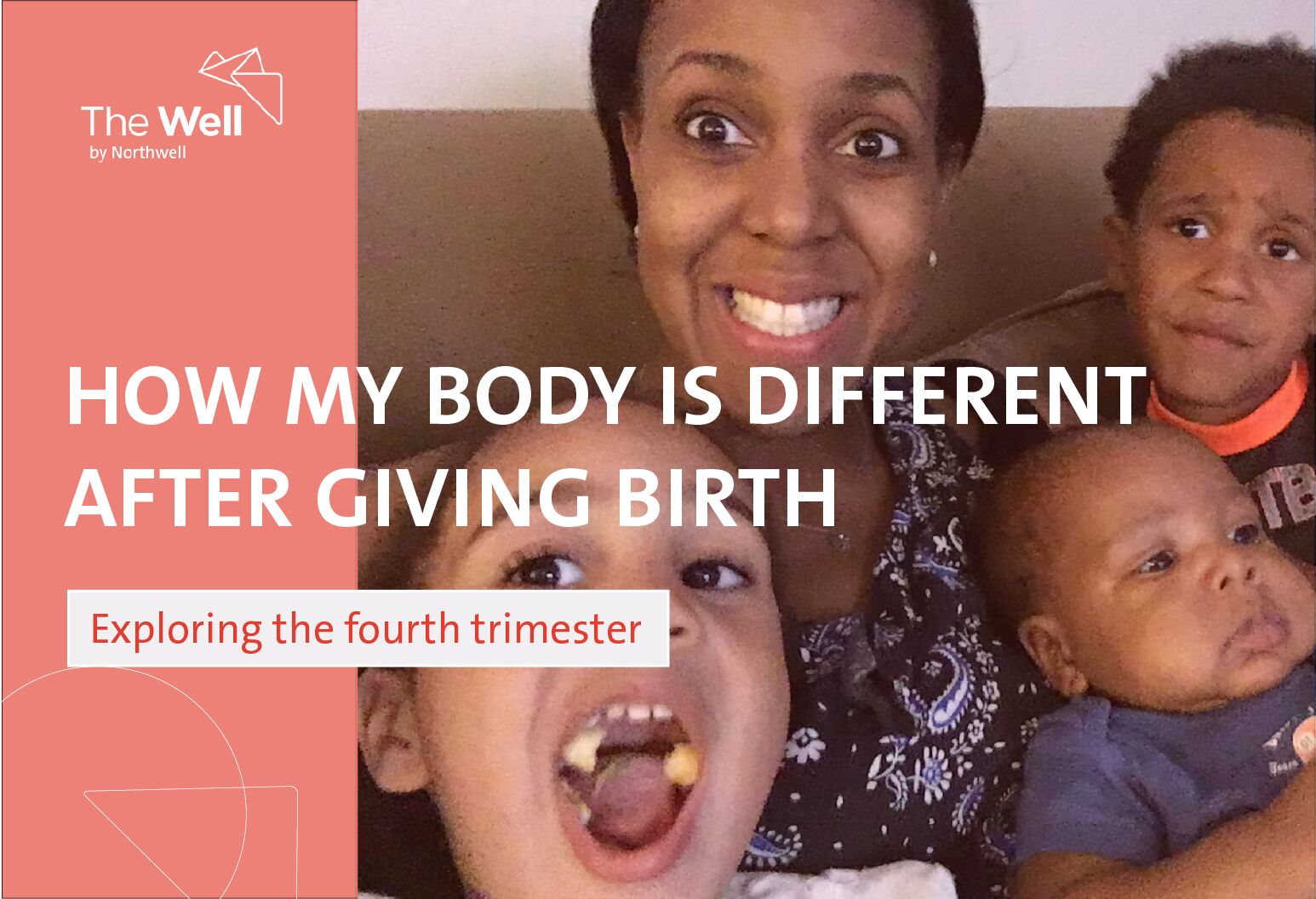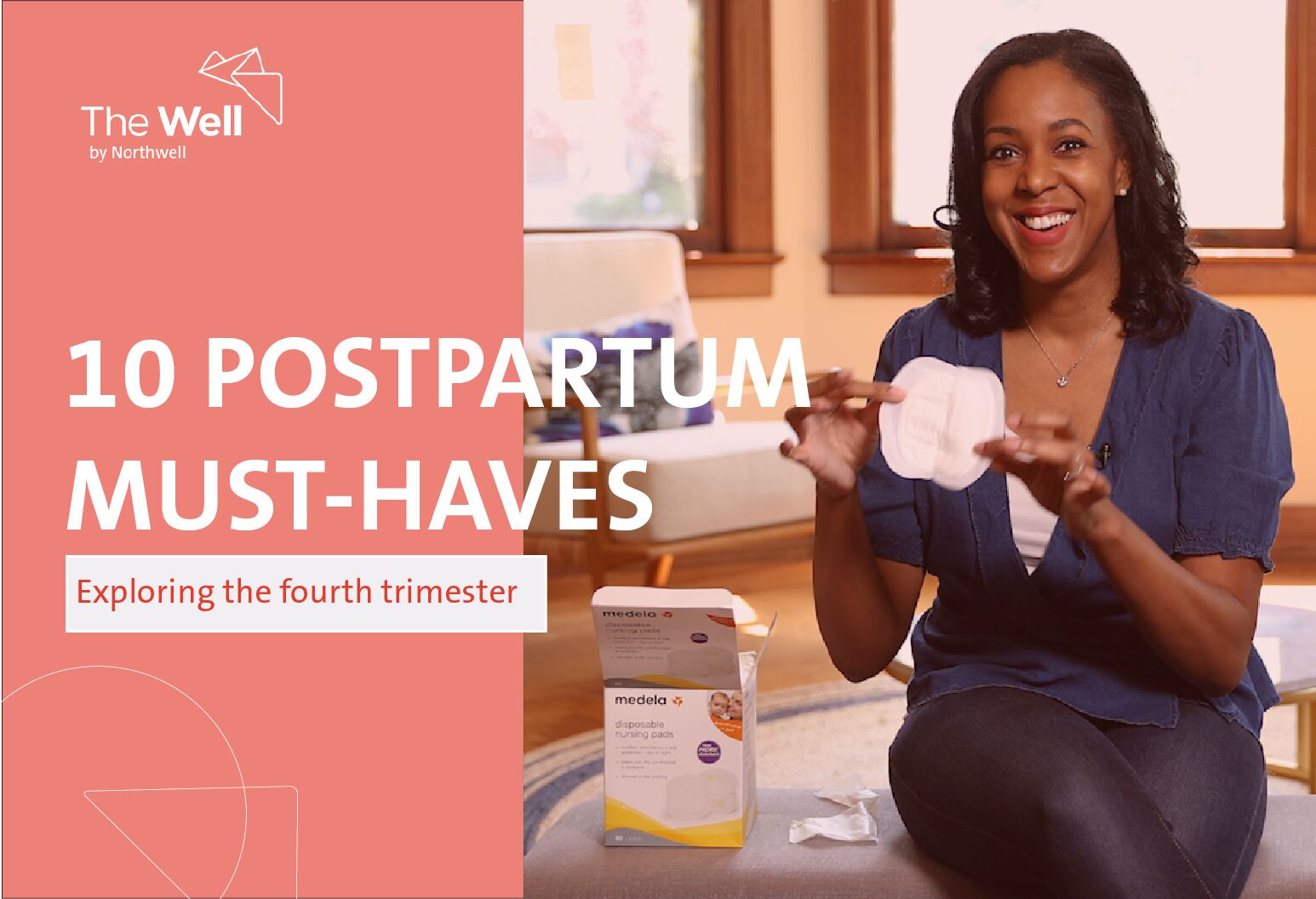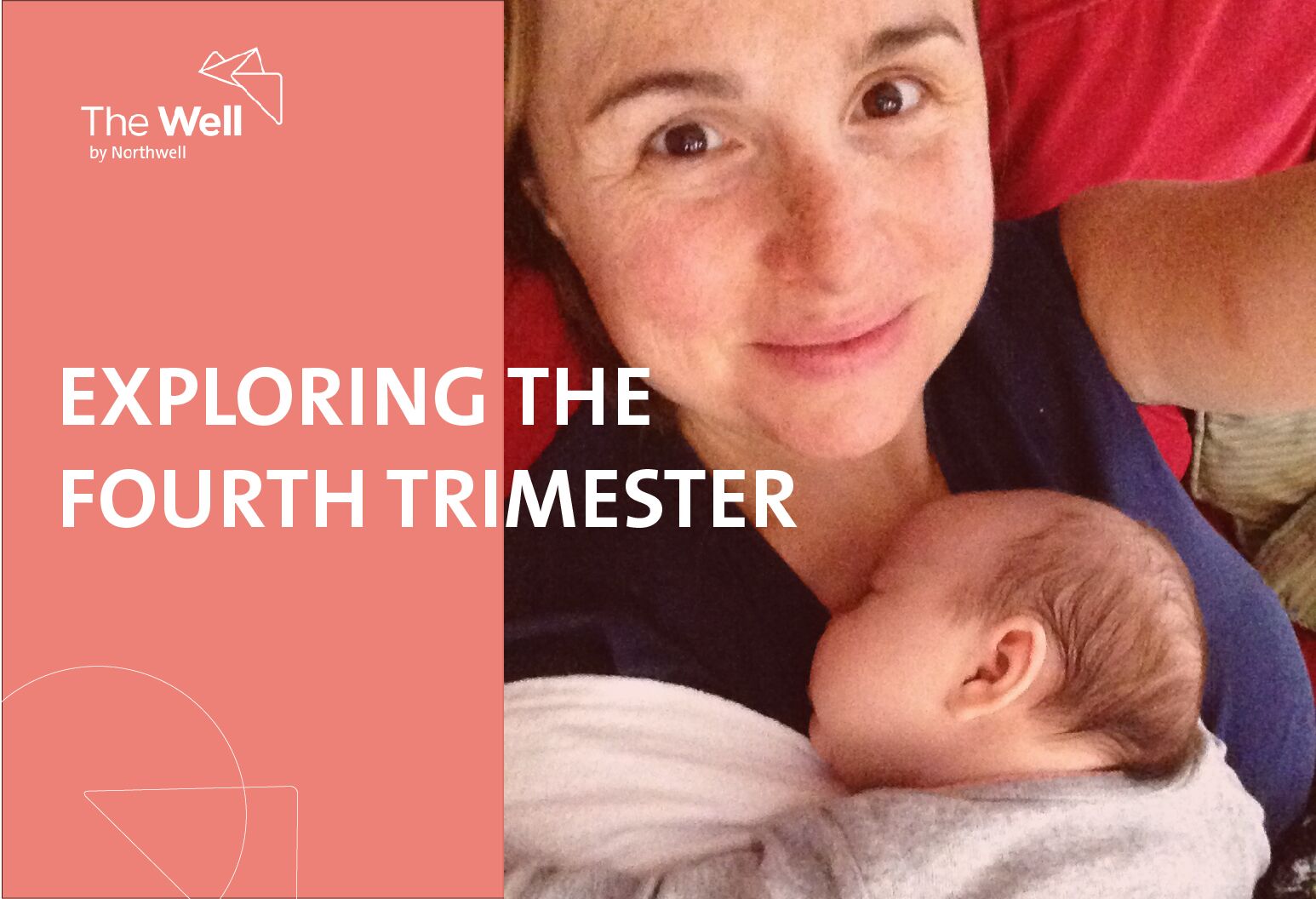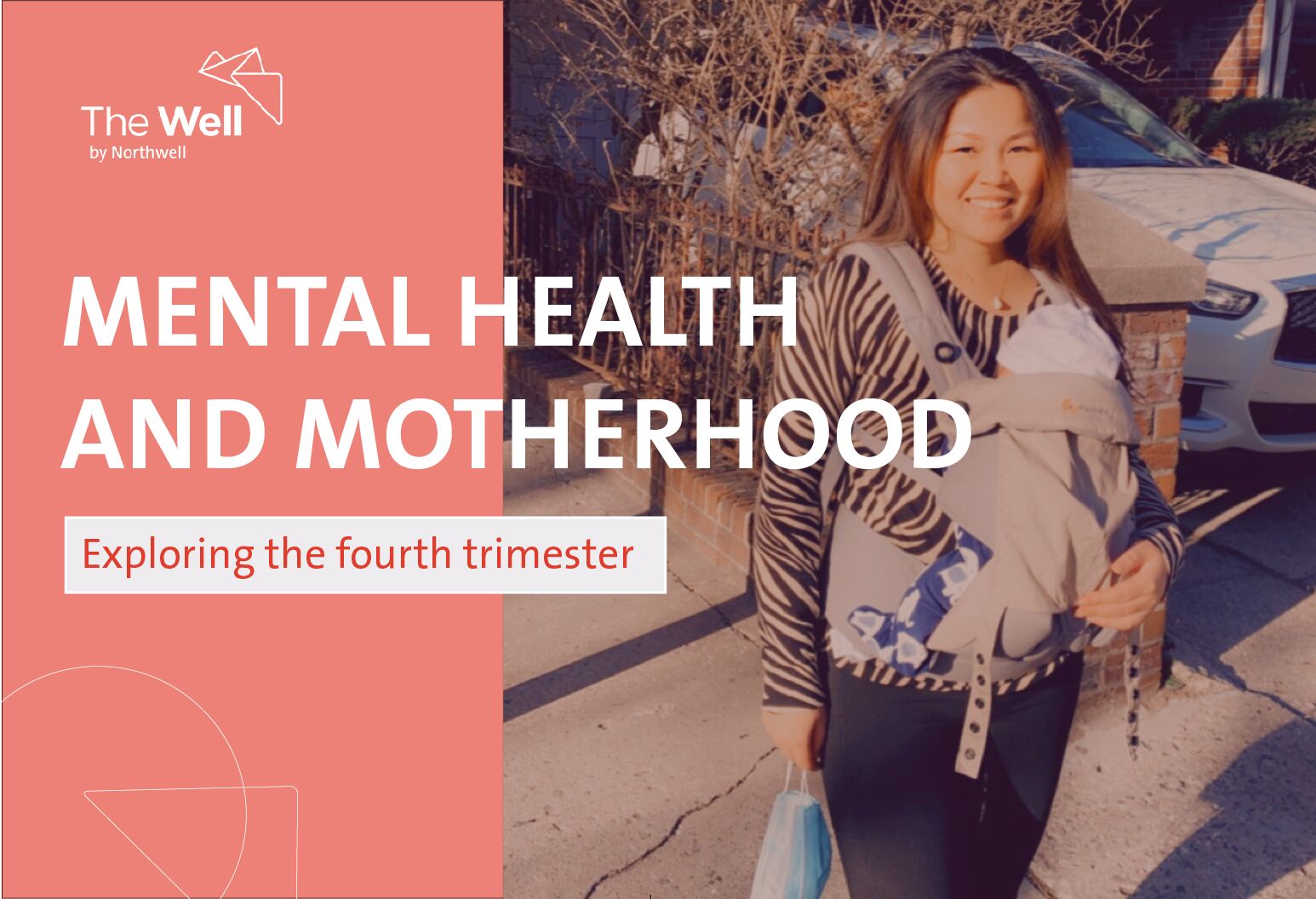
Bringing your baby home
Now that you’re home with your newborn, there’s a lot to figure out, and a lot to do. Relax—you’ve got this (and we can help). Check out the helpful guide to baby care from our infant care specialists at Cohen Children’s Medical Center, which covers everything from breastfeeding to baby-proofing. And remember: Your Northwell OB/GYN, lactation consultant and pediatrician are always just a phone call away.
The first weeks
Your baby’s first pediatrician appointment comes early—within the first few days. The visit gives the doctor an opportunity to weigh your little one (some weight loss is normal in the first week or so of life), do a wellness check and answer any questions you may have.
Back at home, follow some simple rules:
- Be a stickler about hand hygiene. Ask any visitors to wash their hands with soap and water before they hold your baby—and you and your family members should do the same.
- Block that sneeze. If guests seem sick or have been around someone who’s sick, ask them to keep their distance. If you’re feeling under the weather, you may want to use a disposable surgical mask—you can buy a carton at a pharmacy or online.
- Clean up key surfaces. That includes your smartphone—you probably take it everywhere, including the bathroom, so it can get germy. Don’t let it transfer microbes onto your clean hands.
Taking care of yourself
Your newborn isn’t the only one who needs TLC—you’ve just produced a new human being and you’re probably feeling a little sore. If you had a vaginal birth, over-the-counter pain relievers like ibuprofen should be adequate, along with topical salves, ice packs and sitz baths. If you had a C-section, your doctor may prescribe a short course of a narcotic pain reliever.
Put your post-natal checkup on your calendar. It’s important! If you had a C-section, your doctor will want to see you about two weeks after delivery to check the incision. No matter how you delivered, you’ll have a postpartum appointment about six weeks after delivery. This is when your doctor will make sure your recovery is going smoothly and check in about how you’re doing emotionally.
In the meantime, you should call your doctor about any concerns. In the first days and weeks after birth, you should let your doctor know if:
- You’re bleeding enough that you need to change a soaked pad in less than an hour.
- You’re passing large blood clots. Some bleeding is to be expected, and small clots are not necessarily concerning. (A quarter-sized clot is normal, but one the size of a baseball should trigger a call.)
- Your pain isn’t controlled with an over-the-counter pain reliever or topical salve.
- You have a fever, foul-smelling discharge or other sign of possible infection.
- You have severe pain in your breast, a possible sign of mastitis.
- You feel depressed. Teariness and some emotional fragility is normal at this stage, but if you don’t want to get out of bed or hold your baby or if you can’t stop crying, give your doctor a call. Postpartum depression can be overwhelming, but effective treatment is available and can help you get back to feeling like yourself.






